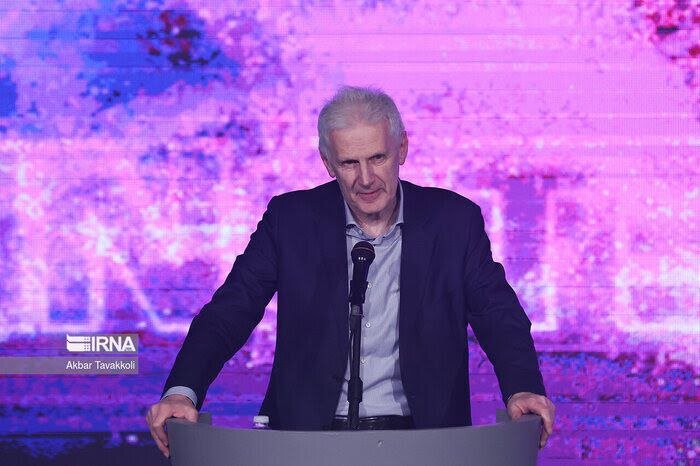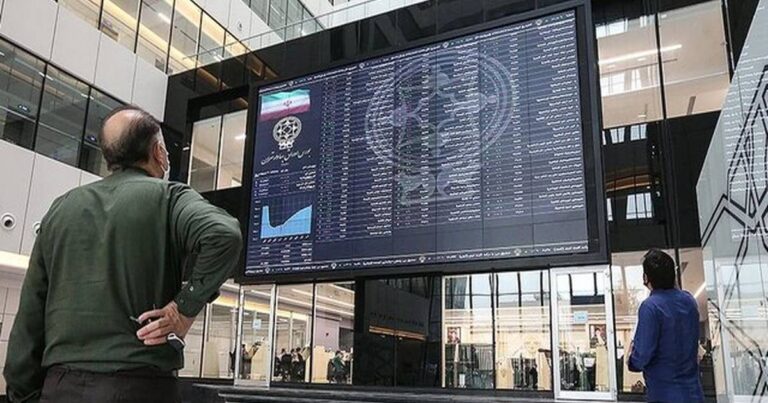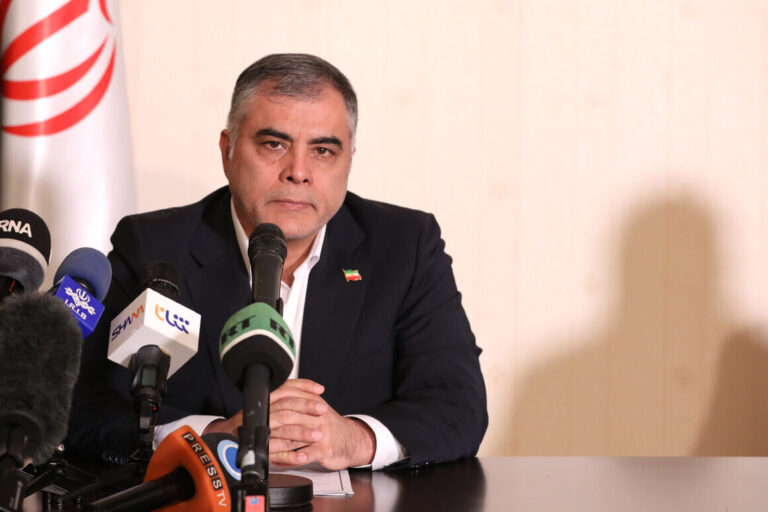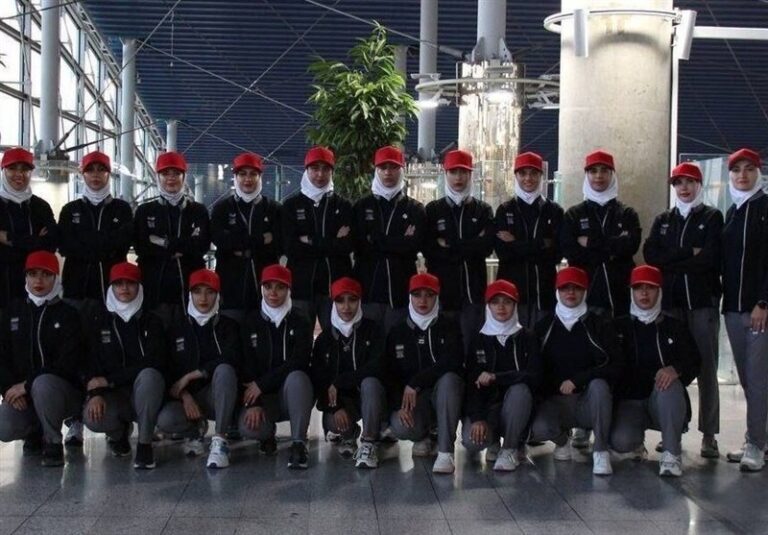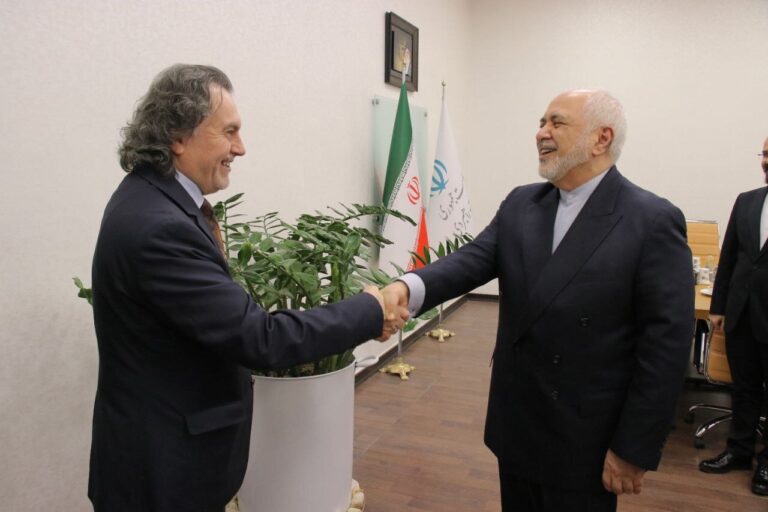Russian Official Hails Iran’s Progress as a Global Role Model for Development
In recent discussions highlighting the growing ties between Iran and Russia, Russian Presidential Aide Andrei Fursenko praised Iran’s independence and self-sufficiency, labeling the nation as a role model for various countries. This acknowledgment comes amidst an era where both nations are looking to strengthen their bilateral relations through strategic partnerships and technological collaborations.
During a ceremony held in Moscow to commemorate the 46th anniversary of the Islamic Revolution, Fursenko expressed his satisfaction with the ongoing development of relations between Moscow and Tehran. He remarked, “Iran and Russia are complementary and similar to each other in some ways. Therefore, there are many opportunities for the development of relations between the two countries,” as reported by IRNA.
The event was attended by prominent figures, including Iranian Ambassador to Russia Kazem Jalali and several other Russian officials. A significant highlight was an exhibition showcasing Iran’s achievements in various fields, particularly in science and technology, which received positive feedback from attendees.
Strengthening Scientific and Technological Cooperation
Fursenko underscored the importance of enhancing scientific and technological cooperation between Iran and Russia, particularly in the rapidly evolving field of artificial intelligence. He stated, “We pay serious attention to the field of artificial intelligence as a widely used scientific and technological field. Considering the technological capabilities that exist in Iran, we are ready to cooperate in these fields,” according to IRNA.
These remarks were made during a meeting in Tehran with Rouhollah Dehqani, the former vice president for science and technology. Fursenko emphasized that collaboration could yield positive reforms, particularly in addressing environmental challenges. He noted, “In the field of environment, where we are facing challenges, we can make positive changes and reforms with the help of technology and at the same time adapt ourselves to the changes that are inevitable.”
Resilience Against Western Pressure
In a recent television interview, Iranian President Masoud Pezeshkian reinforced the message of resilience against Western influence, indicating that both Iran and Russia will maintain their development trajectory despite external pressures. This interview was conducted during Pezeshkian’s visit to Moscow, where he signed a comprehensive strategic partnership treaty alongside Russian President Vladimir Putin.
Pezeshkian asserted, “Tehran and Moscow don’t want anyone from outside to determine their roles.” He emphasized that both nations are equipped to pursue independent policies and are eager to enhance security and economic cooperation within the region to foster peace and stability.
Key Points from Pezeshkian’s Interview:
- The importance of the comprehensive strategic partnership treaty between Iran and Russia.
- Commitment to independence and cooperation amidst external pressures.
- Readiness to develop security and economic ties for regional stability.
By signing this treaty, Pezeshkian highlighted a mutual dedication to shared values and objectives, reinforcing the notion that both countries can thrive without external interference. This sentiment aligns with their broader goal of maintaining sovereignty and regional security.
Conclusion
The discussions and events surrounding the anniversary of the Islamic Revolution in Moscow signify a pivotal moment in Iran-Russia relations. As both nations look to bolster their cooperation in areas such as technology, environmental reforms, and regional security, their partnership may serve as a model for other countries facing similar challenges. The commitment to independence and mutual support in the face of external pressures underscores a significant shift in geopolitical dynamics, with Iran and Russia poised to navigate their futures together.
As these collaborations unfold, it will be interesting to observe how they influence not only the bilateral relations between Iran and Russia but also the broader geopolitical landscape.
